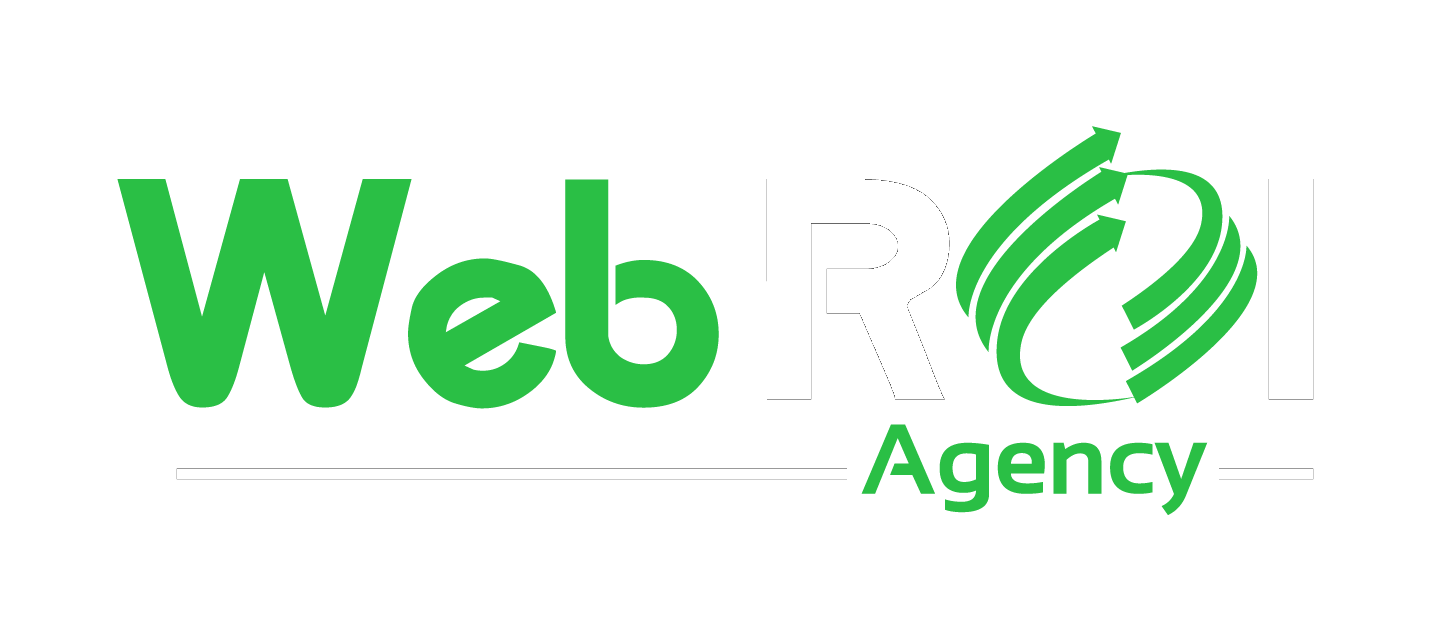All we hear these days on every media channel is how the Coronavirus pandemic is causing upheavals in stock markets and disrupting supply chains around the world. Many economists, including those at Goldman Sachs and Morgan Stanley, believe that this pandemic will cause a recession in the United States. To be fair (to Coronavirus), many of those economists were already seeing signs of an impending recession even before the Coronavirus hit. The d**k measuring contest trade dispute between Trump and Xi Jinping was particularly not inspiring confidence in the world economy either. Of course, not everyone agrees with that assessment. The U.S. Treasury secretary, Steven Mnuchin, said on March 15 that he expects the coronavirus pandemic will slow growth but not tip the U.S. economy into recession.
Amidst all that uncertainty, one thing we can all agree on is that Conoravirus is and will continue to damage consumers’ confidence in the economy for quite some time, even after Coronavirus has come under control. And that alone is already causing panic, resulting in less spending, less investment, and pushing many businesses closer and closer to the edge. As always, small businesses will be hit the hardest and it will be almost impossible to survive for those small businesses that are not adequately prepared.
So how can you protect your small business from the impending economic downturn?
Double down on marketing!
Whatever you do, never stop marketing! If you weren’t actively marketing before, this is the perfect time to start.
“But why? It sounds counter-intuitive. Shouldn’t I be cutting operational costs?”
For many small businesses, an economic downturn may seem like the perfect time to cut down marketing costs, and many do, but such a decision would be detrimental in both the short and long-term. So, I got one word for you: offense! Just like in almost every sport, offense is the best defense. You will need new customers to counter the higher customer attrition caused by the reduced spending power of your target consumers. Moreover, you want to jumpstart your recovery now rather than later because marketing costs generally skyrocket as a result of marketing agencies and advertising media raising rates to cover their fixed costs in the absence of enough business. That makes it tougher for small companies to resume marketing when the economy improves.
“So how does marketing help my small business stay afloat through the economic after-effects of Coronavirus?”
1. Grow Your Customer Base
As I mentioned earlier, you are going to lose those clients or customers that are affected by the Coronavirus. And the longer we continue without a definitive gameplan from our so-called leaders in Washington, the more damage we small businesses are going to have to endure.
I live in an area in New York City where almost every other street address in a three-block radius is a family-owned restaurant. I know almost all of the owners and employees on my street from the mornings we spent talking sh**t while we wait about our vehicles to avoid getting ticketed for the alternate side parking violation. Seeing all of their restaurants closed and knowing that some of those guys won’t be coming back and that their businesses will go under gets me riled up about how both Capitol Hill and 1600 Pennsylvania Ave are failing us. That’s part of why I decided to write to share whatever little experience I might have accumulated over the last 15 years and over $200 million facilitated transactions in digital marketing and marketing engineering to help fellow small business owners come out of the aftermath of Coronavirus even stronger.
Back to the original line of thought (sorry about that rant), your marketing efforts should be primarily aimed at growing your customer base. More clients mean more business opportunities and potential sources of income to replace that from lost clients.
However, that does not mean that you should just continue with your “regular” marketing strategy or revive your old marketing plan.
2. Adapt Your Marketing Tactics
In any economic downturn, consumers spend differently. They look to get more value out of their purchases more than ever. As a result, they are more discerning in their buying choices. That means you need to focus your offerings on value rather than pricing and adapt your marketing message to highlight that value. You also need to be creative in your tactics. Can you partner with other companies to expand your reach or increase your value and efficiency? Can you offer a revised product/service or new product/service offering that is better suited for a recessionary environment?
3. Make The Most of Your Current Customers
Some of your clients may start looking for cheaper alternatives to your service or product. You need to work tirelessly to keep those clients. You can begin by reminding them of the exceptional value you offer. Show them that you genuinely care about their plight and work with them to get the most value out of your service or product. Remember that existing customers are already familiar with your company, and some of them are likely more open to upsells and cross-sells. Also, bear in mind that it’s significantly cheaper to sell to people who are already aware of your company and product offerings. Combining those two facts, remarketing to your existing client/customer base will likely bring in higher returns on your marketing investment. With that in mind, revisit those customer retention and loyalty programs to infuse strategic tactics that will help you keep and get the most out of your current customers.
4. Double-Down On Your Best Customers.
Of all your customers, the loss of your best customers or your biggest accounts will be nothing short of catastrophic. For that reason, you need to go a mile further to keep and get the most out of your best customers.
5. Look For and Take Advantage of Opportunities To Leapfrog Your Competitors
While many of your competitors are cutting down their marketing budgets in a panic, this is a perfect time to take market share from your rivals and put yourself in a position to accelerate through the recovery. Economic recessions tend to filter out weak business models and force leaders to adapt; economic downturns tend to be fertile ground for disruption. Think Uber, Airbnb, Spotify emerging out of the Great Recession of 2008 ahead of the conventional taxi industry, hotels, and record stores respectively. That same approach can be applied on a smaller scale too. Invest in market research to identify and seize opportunities being left open by your competition. And when the recession fades, your company would be poised to take advantage of the newfound business.
6. Automate, Delegate and Outsource
As a small business owner, what is more valuable than your time? For me, time is gold. As the Coronavirus pandemic will begin to subside and the economy will start to crawl back, you’ll have a host of new problems to solve and fires to put out. All your time will be needed to focus on the core of your business. Therefore, now is the perfect time to start taking your precious time back minute by minute. Are there any tasks you can automate, delegate or outsource? Marketing is one of those areas that you would benefit more from outsourcing as you cannot afford trial and error typical of DIY marketing. You might also need to look into hiring a professional financial advisor/accountant to help you manage your money better through the hard times.
“That sounds complicated and time-consuming! How am I going to be able to handle that? After all, I need to focus on servicing my clients.”
I got two words for you this time: marketing optimization! As I mentioned before, this is no time for “shooting in the dark” and hope to hit something. You need to refine, sharpen, and be precise with your marketing campaign. That’s exactly what marketing optimization will do for you! The resulting Marketing Blueprint will help your small business not only navigate through the impending economic hard times but also gives you the best odds of coming out even stronger.
7. Optimize Your Marketing Strategy
A Marketing Blueprint defines the strategy to move forward and addresses and identifies the elements that have the most impact on marketing and branding planning. It brings clarity, organization, accuracy, and insight to enable your management to make the best decisions possible when planning marketing and branding programs. Hence it will help you increase your marketing efficiency (higher ROI), provide structure your team can follow to avoid wasting resources, sharpen your messaging, communication and your overall marketing strategy. It is a blueprint for growth.
“So, Marketing Optimization is the antidote for small businesses to survive the economic fallout that will likely follow the Coronavirus pandemic?”
I am not saying marketing optimization will completely shield your small business from the economic after-effects of “Rona” (why should only hurricanes and tropical storms get non-boring names). The fact of the matter is that most small businesses will not emerge unscathed from this Coronavirus and the impending financial downturn. The crucial difference between whether your small business will land in the recovery room or the morgue will be what you do now. If you don’t want your small business to become just another recession casualty, you need to be brave, you need to be decisive, you need to move fast, cut costs, and most importantly adapt and sharpen your entire marketing strategy to meet the even-more-challenging task of growing your revenue while cutting costs. The global economic recession looming after the “Chinese” virus does not have to be tragic for your small business — rather it can be an opportunity, the choice is yours.


